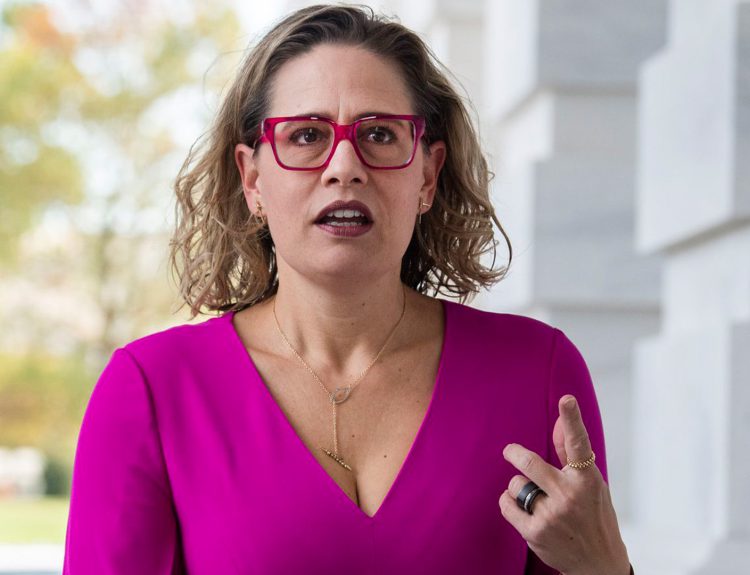In the wake of Laken Riley’s tragic murder, allegedly at the hands of an illegal immigrant, Republican senators are pushing for swift action to pass legislation aimed at deporting migrants convicted of theft-related crimes. The Laken Riley Act seeks to address the consequences of lax immigration policies and prioritize public safety. Prepare to delve into the details of this proposed legislation and its potential impact on the ongoing immigration debate.
Laken Riley’s Murder Sparks Legislative Action
The murder of Laken Riley has become a rallying cry for Republican senators advocating for stricter immigration enforcement. Sen. Katie Britt of Alabama, one of the bill’s chief sponsors, points to Riley’s death as a preventable tragedy resulting from open border policies under the Biden administration. The Laken Riley Act, which has garnered bipartisan support, aims to address the intersection of immigration enforcement and public safety concerns.

The bill’s passage in the House with significant Democratic support signals a shift in the immigration debate. Riley’s case has humanized the consequences of illegal immigration, particularly concerning crimes committed by those in the country unlawfully.
Accused Killer’s Immigration History Raises Concerns
Jose Ibarra, the immigrant from Venezuela accused of Riley’s murder, had been apprehended crossing the border illegally and released under the Biden administration’s parole program. Despite prior encounters with law enforcement, Ibarra was free in the community when Riley was killed. This case highlights the potential risks associated with lenient immigration policies and the need for more stringent enforcement measures.
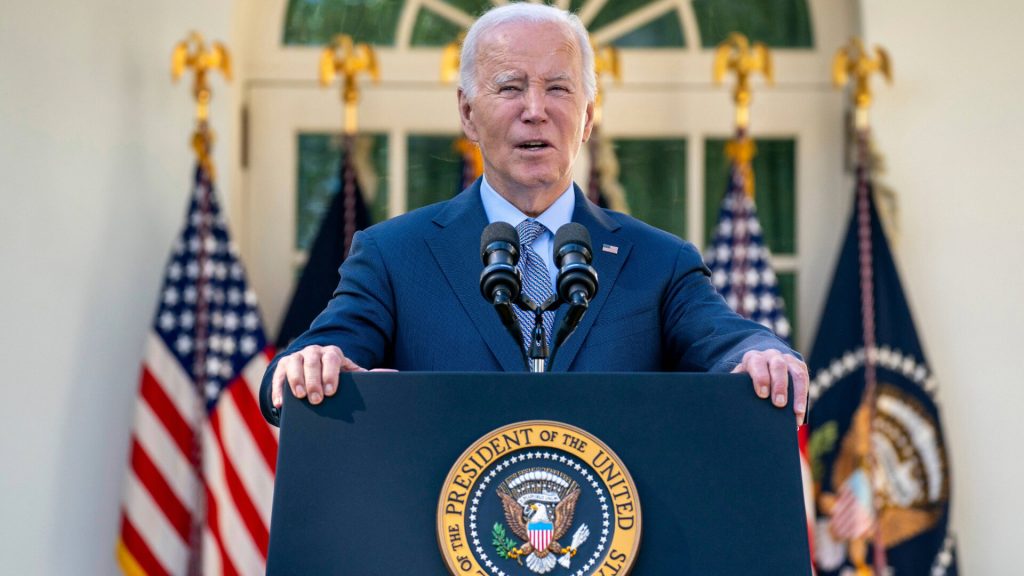
Sen. Ted Budd of North Carolina emphasizes the importance of preventing further tragedies like Riley’s, asserting that such incidents should never happen to American citizens. The Laken Riley Act aims to address these concerns head-on.
Empowering Homeland Security to Detain and Deport
The proposed legislation seeks to grant the Department of Homeland Security the authority to detain and deport undocumented immigrants convicted of burglary, theft, larceny, or shoplifting. By prioritizing the removal of individuals with criminal records, the bill aims to enhance public safety and send a clear message about the consequences of illegal immigration and criminal behavior.

Additionally, the Laken Riley Act would provide states with legal recourse to challenge immigration policies deemed overly lenient. This provision reflects the concerns of many Republicans about the effectiveness of federal immigration enforcement and the role of states in addressing related issues.
GOP Leaders Rally Behind the Laken Riley Act
With nearly three dozen Republican senators, including Minority Leader Mitch McConnell, supporting the bill, its prospects for passage in the Senate are strong. The bipartisan nature of the legislation, as evidenced by its success in the House, suggests a growing consensus on the need to address the intersection of immigration enforcement and public safety.

As the debate over immigration enforcement continues, the Laken Riley Act serves as a poignant reminder of the human toll of policy decisions. The bill’s proponents hope that by prioritizing the deportation of illegal immigrants convicted of theft-related crimes, future tragedies can be prevented.
The Biden Administration’s Immigration Policies Under Scrutiny
The Laken Riley Act has brought renewed attention to the Biden administration’s immigration policies, which have been criticized by Republicans as too lenient. The case of Jose Ibarra, who was released under the administration’s parole program despite prior encounters with law enforcement, has raised questions about the effectiveness of current immigration enforcement measures.

Supporters of the bill argue that the administration’s policies have created a permissive environment that endangers public safety. They point to the need for stronger border security and more aggressive deportation efforts to prevent criminals from exploiting the immigration system.
The Role of States in Immigration Enforcement
The Laken Riley Act’s provision allowing states to challenge overly lenient immigration policies has sparked a debate about the role of states in immigration enforcement. Proponents argue that states should have the ability to take legal action when federal policies fail to prioritize public safety.
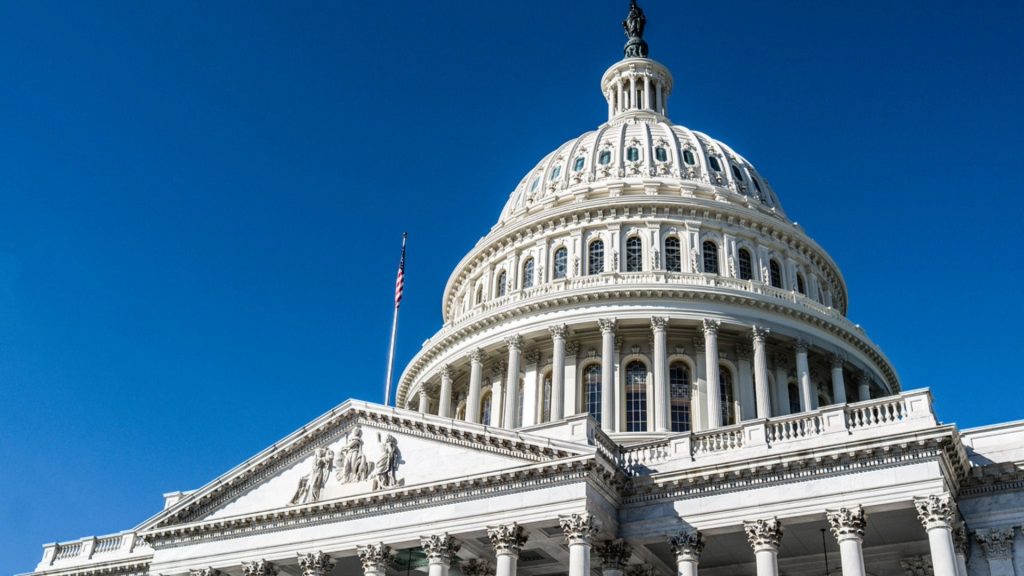
Critics, however, contend that immigration enforcement is primarily a federal responsibility and that allowing states to intervene could lead to a patchwork of conflicting policies. The balance between state and federal authority in this area remains a point of contention.
The Human Cost of Illegal Immigration
Laken Riley’s tragic murder has put a human face on the consequences of illegal immigration and the need for effective enforcement measures. Her story has resonated with many Americans who feel that the government has failed to adequately protect its citizens from criminal immigrants.
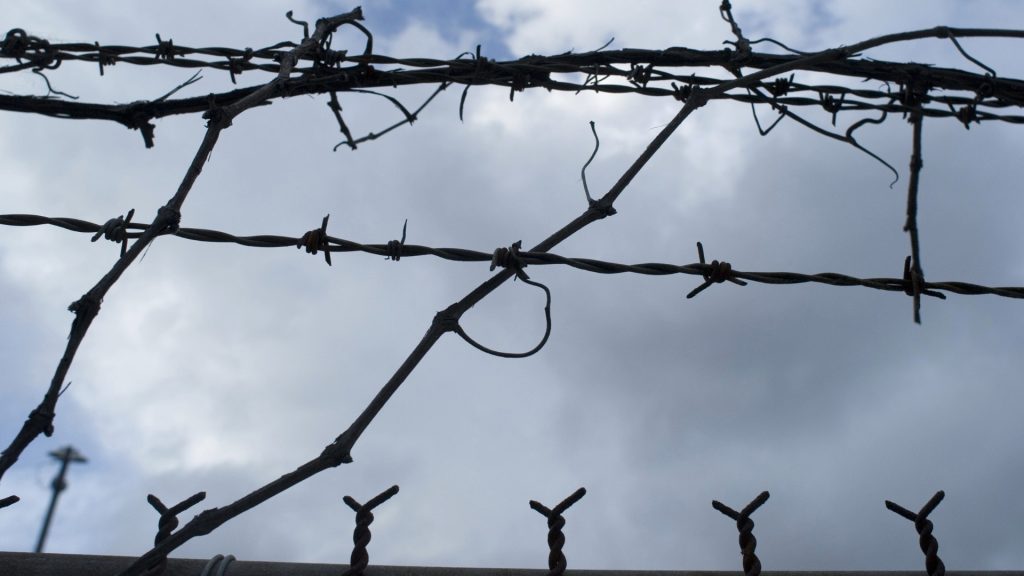
Supporters of the Laken Riley Act argue that every crime committed by an illegal immigrant is a preventable tragedy. They emphasize the importance of prioritizing public safety and holding individuals accountable for their actions, regardless of their immigration status.
Balancing Compassion and Enforcement
As the debate over the Laken Riley Act continues, lawmakers must grapple with the challenge of balancing compassion for immigrants with the need for effective enforcement. While the bill focuses on deporting illegal immigrants convicted of theft-related crimes, some argue that a more comprehensive approach to immigration reform is necessary.

Proponents of a more holistic approach contend that addressing the root causes of illegal immigration, such as poverty and instability in countries of origin, is essential to finding a long-term solution. They also emphasize the importance of providing legal pathways for immigrants to enter and work in the United States.
The Economic Impact of Illegal Immigration
The Laken Riley Act has also reignited discussions about the economic impact of illegal immigration on American communities. Supporters of the bill argue that illegal immigrants who commit crimes place a significant burden on the criminal justice system and strain public resources.
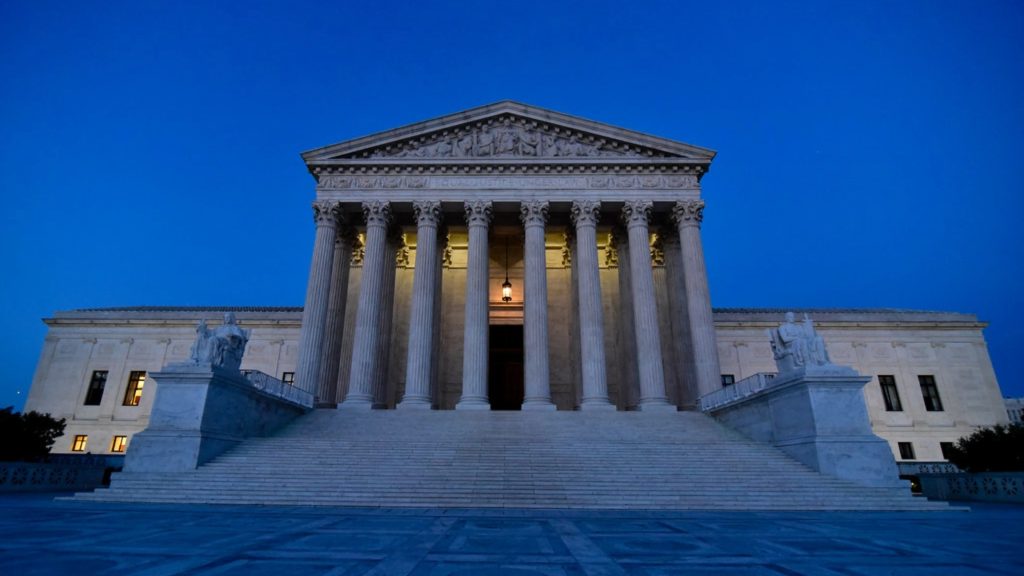
However, critics point out that the vast majority of illegal immigrants are law-abiding and contribute to the economy through their labor and consumption. They argue that a more nuanced approach is needed to address the complex economic realities of immigration.
Public Opinion and the Laken Riley Act
As the Laken Riley Act makes its way through the legislative process, public opinion on the issue of illegal immigration and crime remains divided. Polls suggest that a majority of Americans support stronger enforcement measures, particularly when it comes to deporting criminals.

However, there is also significant support for comprehensive immigration reform that includes a pathway to citizenship for law-abiding immigrants. The challenge for lawmakers is to find a balance that addresses public safety concerns while also recognizing the contributions of immigrants to American society.
The International Response to the Laken Riley Act
The Laken Riley Act has attracted international attention, particularly from countries with large immigrant populations in the United States. Some foreign governments have expressed concern about the potential impact of the legislation on their citizens.

Diplomats and human rights organizations have emphasized the need for due process and the protection of immigrant rights, even as the United States seeks to enforce its immigration laws. The international response to the Laken Riley Act underscores the complex global dimensions of the immigration debate.
The Legacy of Laken Riley
As the Laken Riley Act progresses through Congress, the memory of the young woman whose tragic death inspired the legislation looms large. Her family and friends have become vocal advocates for stronger immigration enforcement and have worked to ensure that her story is not forgotten.
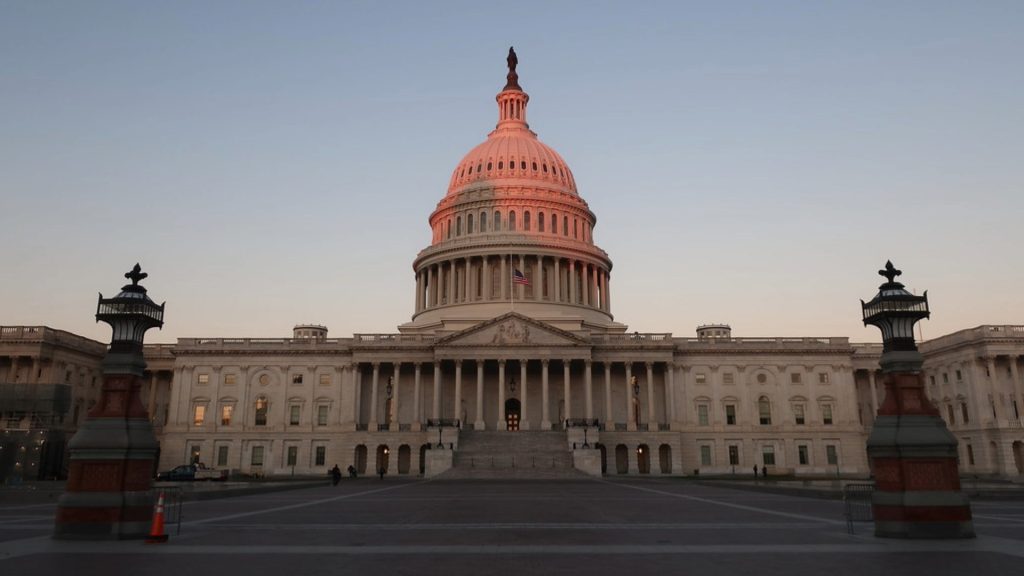
Supporters of the bill see it as a way to honor Riley’s memory and prevent future tragedies. They argue that by prioritizing public safety and holding criminal immigrants accountable, the United States can create a safer and more just society for all its citizens.
The Future of Immigration Enforcement
The Laken Riley Act represents a significant step in the ongoing debate over immigration enforcement in the United States. As lawmakers continue to grapple with the complex challenges posed by illegal immigration, the bill’s passage could signal a shift towards a more aggressive approach to deportation.

However, critics argue that a comprehensive solution to the immigration crisis must address the underlying factors that drive illegal immigration, such as economic inequality and political instability in countries of origin. The future of immigration enforcement will likely involve a combination of stronger border security, targeted deportation efforts, and broader reforms to the immigration system.
A Call for Action and Remembrance
The Laken Riley Act serves as a powerful reminder of the human cost of illegal immigration and the need for effective enforcement measures. As the bill makes its way through Congress, it has sparked a renewed debate about the balance between public safety and compassion in immigration policy.

Ultimately, the legacy of Laken Riley will be measured not only by the passage of the legislation that bears her name but also by the broader impact it has on the lives of immigrants and American citizens alike. By working together to find common ground and prioritize the well-being of all individuals, lawmakers can honor Riley’s memory and create a more just and equitable immigration system for generations to come.






